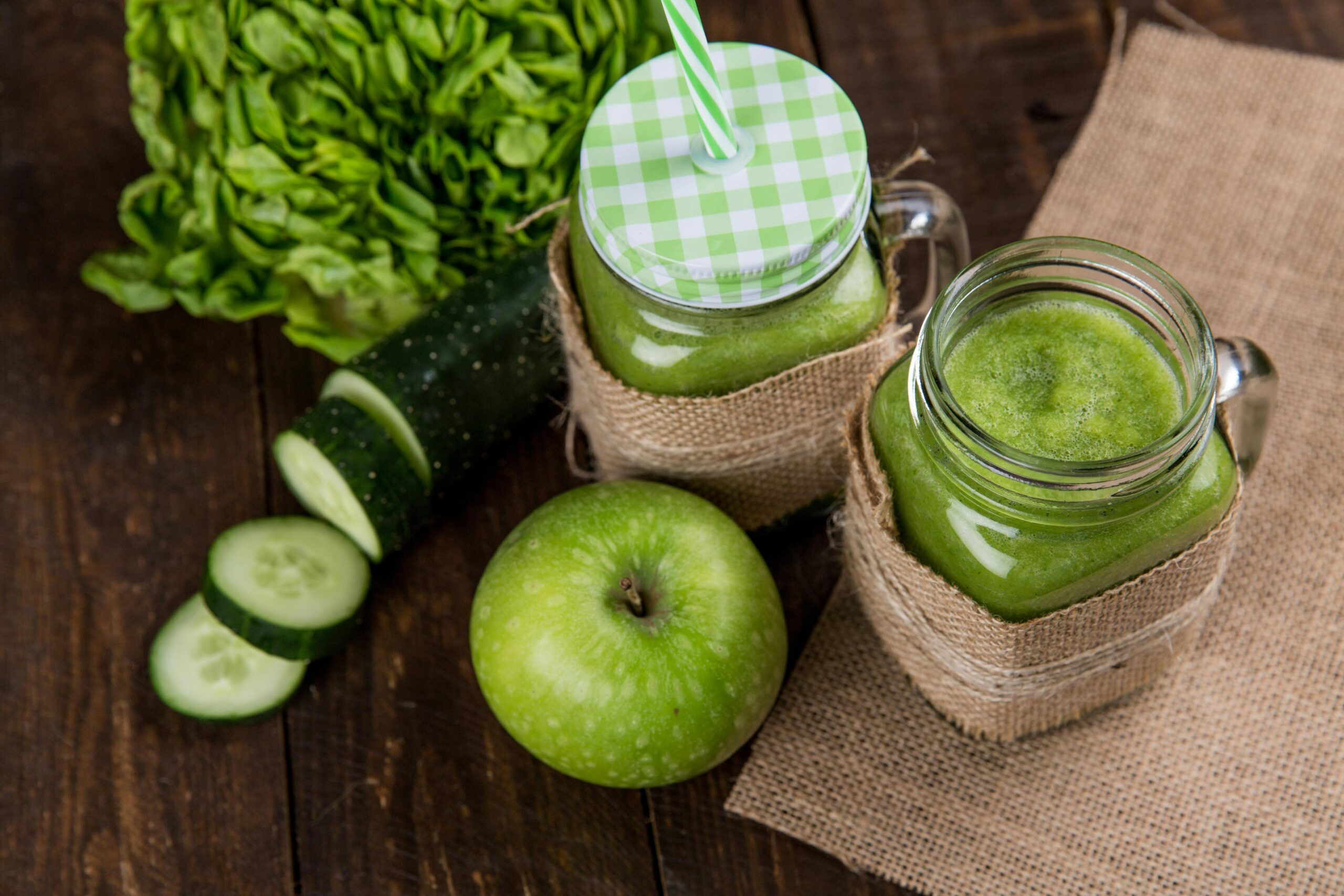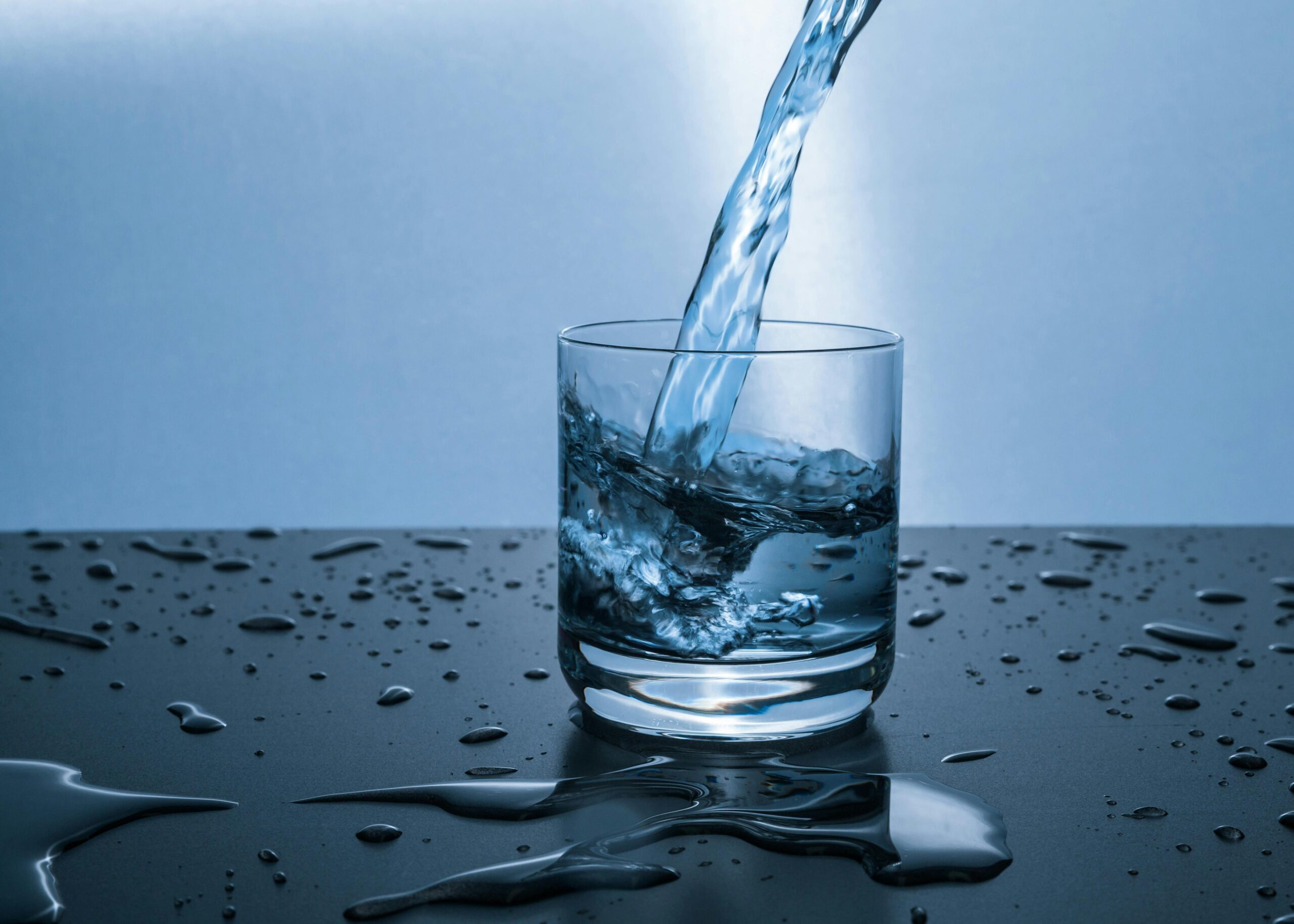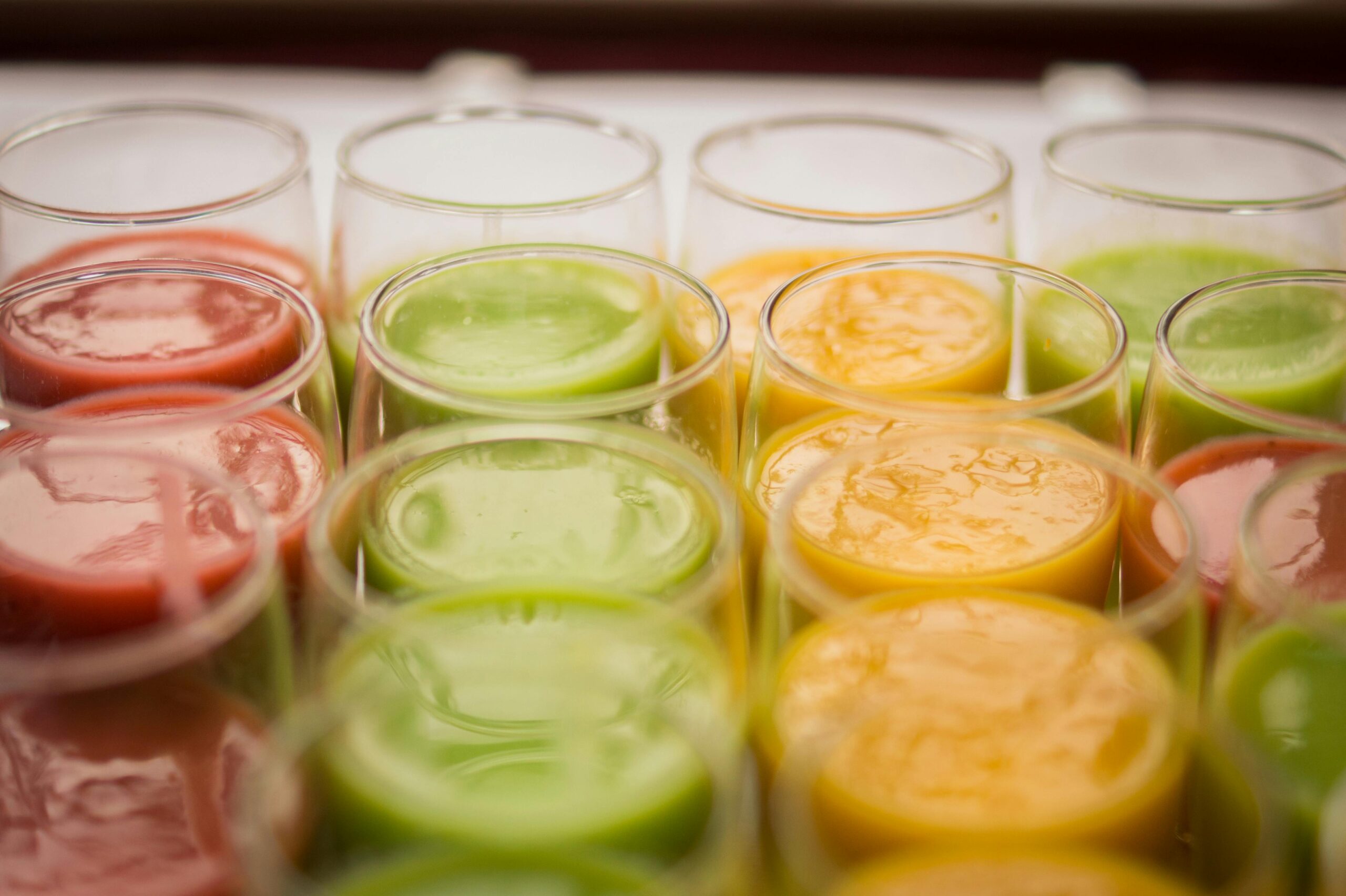Detox diets are short-term dietary interventions designed to eliminate toxins from the body, promote overall health, and reset the digestive system. These diets often involve a period of fasting followed by a strict regimen of consuming fruits, vegetables, juices, and water. Here, we explore what detox diets are, their benefits, practical tips, and safety considerations.
What Is a Detox Diet?
A detox diet focuses on cleansing the body by removing harmful substances that may have accumulated over time. These diets can vary widely but typically involve eliminating processed foods, sugar, caffeine, alcohol, and other potential toxins while focusing on whole, nutrient-dense foods.
Some popular types of detox diets include:
- Juice Cleanses: Consuming only fruit and vegetable juices for a specific period.
- Water Fasts: Drinking only water for a set amount of time.
- Raw Food Diets: Eating uncooked and unprocessed foods.
- Herbal Detoxes: Using herbal teas or supplements to support liver and kidney function.
- Specific Detox Plans: Tailored regimens targeting specific areas, such as the liver, colon, or skin.
How Do Detox Diets Work?
Detox diets aim to:
- Support Liver Function: By providing nutrients that aid the liver in filtering and eliminating toxins.
- Enhance Digestion: A simplified diet can give the digestive system a break and improve gut health.
- Promote Hydration: Many detox diets encourage high water intake, aiding kidney function and toxin elimination.
- Reduce Inflammation: By removing processed foods and allergens, detox diets may help lower inflammation levels.
Benefits of Detox Diets
- Increased Energy Levels: Many people report feeling more energetic after completing a detox.
- Improved Digestion: A break from processed foods can support gut health and reduce bloating.
- Clearer Skin: Removing toxins and hydrating the body may enhance skin clarity.
- Weight Loss: Temporary weight loss may occur due to reduced calorie intake and water weight reduction.
- Mental Clarity: Some individuals experience improved focus and mental clarity during a detox.
Tips for a Successful Detox Diet
- Choose the Right Detox: Select a plan that aligns with your goals and dietary needs.
- Prepare in Advance: Gradually reduce caffeine, sugar, and processed foods before starting.
- Stay Hydrated: Drink plenty of water throughout the detox period.
- Focus on Whole Foods: Incorporate a variety of fruits, vegetables, nuts, seeds, and whole grains.
- Listen to Your Body: Adjust the diet if you feel overly fatigued or unwell.
Safety Tips and Considerations
- Consult a Healthcare Provider: Speak with a doctor before starting a detox, especially if you have underlying health conditions.
- Short-Term Use Only: Detox diets are not meant for prolonged use and may lack essential nutrients.
- Avoid Extreme Plans: Extremely restrictive detoxes can lead to muscle loss, fatigue, and nutritional deficiencies.
- Watch for Side Effects: Common issues include headaches, fatigue, and irritability, particularly in the initial days.
- Balance Is Key: For sustained benefits, integrate elements of detox diets into a balanced, long-term eating plan.
Conclusion
Detox diets can be a helpful tool for resetting your eating habits, improving digestion, and promoting short-term wellness. However, they should be approached with caution and tailored to individual needs. For long-term health, consider incorporating detox principles, such as reducing processed foods and staying hydrated, into your everyday diet.





